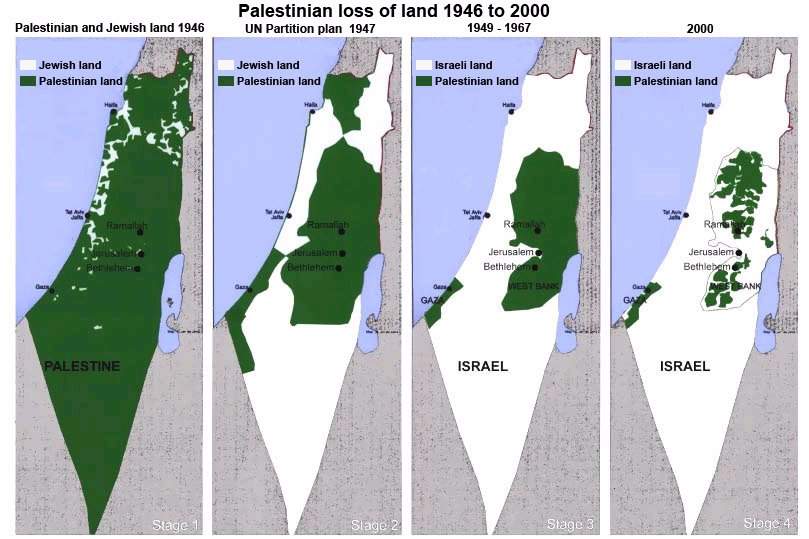Middle East
Afghanistan: Predictions, obstructed justice and 10 years of war
By Rupen Savoulian
BDS campaign declares: 'Occupy Wall Street not Palestine!'

[For more on the BDS campaign click HERE. For more on Occupy Wall Street, click HERE.]
If a people one day wills to live fate must answer its call
And the night must fade and the chain must break– Abou-Al-kacem El-Chebbi (Tunisia)
We are part of the world’s 99% yearning for freedom, justice and equal rights!
Arab Spring eyewitness: Reflections on the revolutions in Egypt and Tunisia

[The writer is an Australian Socialist
US rulers turned 9/11 outrage into blank cheque for endless war

By Rupen Savoulian
Dateline Egypt: Everything up for grabs in ongoing revolt

On September 9, a huge protest took place outside the Israeli embassy in Cairo. The protest was driven by anger at Israel's killing of Egyptian police in August, the deep solidarity the Egyptian people feel towards Palestinians and frustrations at the slow pace of change.
By Raul Bassi, Cairo
September 11, 2011 -- Green Left Weekly -- After the overthrow of Egypt's dictator Hosni Mubarak in February 2011, a new chapter in Egyptian history is being written and its authors are the people themselves. Anything could happen and everything is up for grabs given the profound political, social and economic crisis in which Egypt's neoliberal system finds itself in.
These events are part of the broader process of revolutions sweeping the Arab world, but Egypt's future will in no small part be influenced by the characteristics and history that make the country what it is today.
The results of neoliberalism in Egypt are clear: poverty, misery and daily struggles to survive.
See also:
Cairo eyewitness: Fresh protests demand real change
Palestine: Ilan Pappe -- At the UN, the funeral of the two-state solution

By Ilan Pappe
September 12, 2011 -- Electronic Intifada -- We are all going to be invited to the funeral of the two-state solution if and when the UN General Assembly announces the acceptance of Palestine as a member state.
The support of the vast majority of the organisation’s members would complete a cycle that began in 1967 and which granted the ill-advised two-state solution the backing of every powerful and less powerful actor on the international and regional stages.
Even inside Israel, the support engulfed eventually the right as well as the left and centre of Zionist politics. And yet despite the previous and future support, everybody inside and outside Palestine seems to concede that the occupation will continue and that even in the best of all scenarios, there will be a greater and racist Israel next to a fragmented and useless bantustan.

